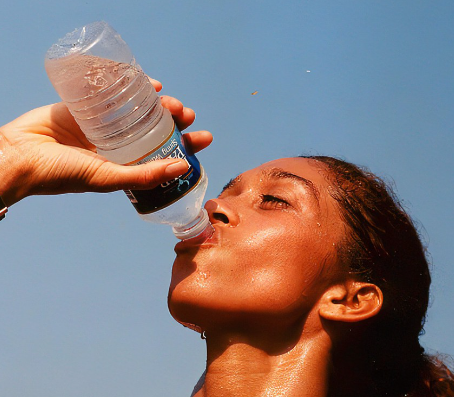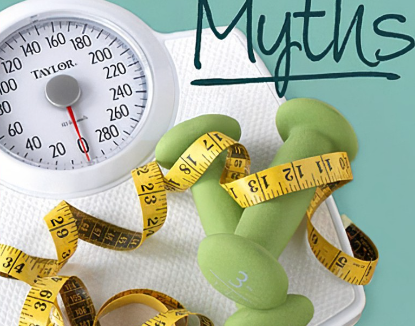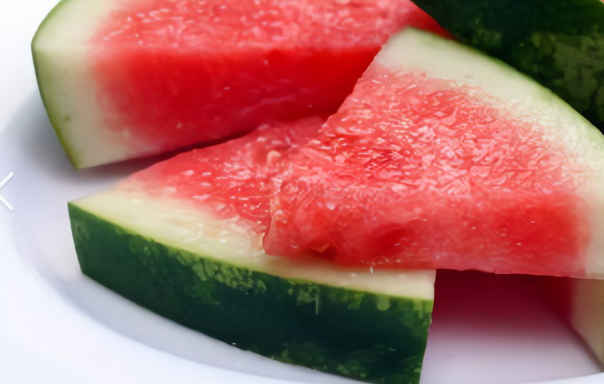What is anxiety?
Can dehydration be caused by anxiety or vice versa?
What is the link between anxiety and dehydration?
Anxiety is a natural response to stress. Normal levels of stress are beneficial for our overall health as this drives you to perform better tasks. However, when the levels of stress reach a high level this may lead to chronic anxiety. Anxiety hits everyone from time to time, for example starting a new job, taking a test, giving a speech or moving to a new place are all normal situations where anxiety kicks in. This ordinary type of anxiety is a feeling that comes and goes and it doesn’t effect you negatively in your life.
On the other hand, if this type of feeling lasts for at least 6 months or more you might have an anxiety disorder. People suffering from anxiety disorders experience an intense feeling of fear all the time. Sometimes this can be debilitating which leads you to stop doing chores or things you enjoy. The American Psychiatric Association reports that women are more likely to suffer from anxiety disorders than men. There are various types of anxiety:
- Panic disorder
- Phobia
- Social anxiety disorder
- Obsessive-compulsive disorder
- Separation anxiety
- Illness anxiety disorder
In addition, there are various mental health illnesses and medical conditions that feature anxiety as part of their symptoms. Some of which are:
- Post-traumatic stress disorder (PTSD)
- Depressive disorders
- Obsessive compulsive disorder (OCD)
- Personality disorders
- Chronic diseases such as chronic obstructive pulmonary disease (COPD)
- Inflammatory conditions such as arthritis
- Substance use disorders
- Chronic pain such as fibromyalgia
What causes chronic anxiety?
Chronic anxiety is an anxiety disorder which alters how you think, feel and even act. The cause of anxiety is not the same for everyone. And unfortunately it is not something that goes away easily. Some common causes of chronic anxiety are:
- Stress
- Heat
- Dehydration
- Emotional trauma
- Financial concerns
- Chronic medical conditions
- Substance or drug abuse
- Genetics
Dehydration
This blog is about anxiety in relation to dehydration. So now we’re having a look at dehydration before we go in detail about their association together. Dehydration is when your body loses water more than you drink. Common causes for dehydration are excessive sweating, vomiting and diarrhea. In this period of time, dehydration is quite common due to this temperature and heatwaves. There are various signs and symptoms for dehydration. These are:
- Fatigue
- Dry mouth
- Increased thirst
- Little urination
- Dry skin
- Constipation
- Dizziness
- Headache
- Low blood pressure
- Rapid heart rate
- Rapid breathing
Dehydration is important to be treated as it can lead to life-threatening complications such as heat exhaustion, heatstroke, seizures, kidney failure and coma.
The link between anxiety and dehydration
In my profession, I encounter people who drinks about 4-5 L per day. This is simply too much water and overhydration simply overload your kidneys to work harder. The strange thing is that these clients experience true sensations of thirst, so the question is this – are you thirsty because your body really needs that large amount of fluids or is it a symptom of anxiety?
Excessive thirst could be a symptom of anxiety due to a lot of factors. Some of these are:
- Dry mouth
Anxiety may cause a dry mouth which will give the same sensation of thirst. This can happen as anxiety removes fluids from the mouth to send them to the stomach to produce more acid. Therefore, this mechanism can make you feel thirsty when you’re not.
- Excessive Urination
During periods of anxiety you may tend to urinate more frequently throughout the day. Therefore, this will cause water loss from your body. The increasing fluid requirements will cause you to feel thirsty.
- Excessive sweating
Anxiety can cause you to sweat a lot both during the day and the night.
- Breathing through your mouth
Anxiety may cause mouth breathing unknowingly. This will cause a dry mouth which in turn gives you a feeling of thirst.
On the other hand, if you are dehydrated this also gives a feeling of anxiety. This is because when you are dehydrated you may experience the same symptoms one feels with anxiety. Some of these symptoms common for dehydration and anxiety are:
- Dizziness
- Headaches/ migraines
- Muscle fatigue
- Weakness
- Increased heart rate
Since, anxiety and dehydration gives the same symptoms it can leave you confused which is which. Therefore, it is important to be mindful and be aware of your diet and stress levels. As a dietitian, I would recommend that if you experience any symptoms of the common symptoms mentioned above first thing to do is to drink a glass of water. If after a few minutes you start to feel better than it is dehydration. If, your symptoms persists it is probable that you are experiencing anxiety symptoms. Anxiety symptoms can be soothed by breathing techniques, use of lavender, some relaxing music and diet.
Diet play an important role to control your anxiety. Start by being mindful of what you are eating. Try to include fruit and vegetables. Make sure that you are eating and drinking enough throughout the day. In addition, some specific foods which may help are chamomile and oily fish. Also, it would be ideal if you stay away from coffee, soft drinks and alcohol for a while as these may increase your anxiety symptoms. If, you are unsure about the best diet for anxiety please speak to a dietitian.
If, you would like to receive more nutrition information and recipes please subscribe to our website. In addition, if you would like more healthy recipes with low calorific intake I encourage you to order our recipe book. Let me know what you think in the comments below.




